In 2022, Vietnam's coffee export turnover to the EU reached nearly 1.5 billion USD, an increase of 42% compared to 2021, of which green coffee accounted for more than 95% of the total export value.

Two Colombian guests enjoy iced milk coffee at Pho Sure. (Photo: Huong Giang/VNA)
Mr. Ronald Clercx, a Belgian living in the city of Ostende, more than 100km west of the Belgian capital Brussels, is "addicted" to Vietnamese egg coffee and iced milk coffee.
Every Saturday, he goes to Pho Sure, a Vietnamese restaurant in the city, to enjoy a cup of egg coffee that is rich, fragrant, and has a special flavor that fascinates him.
Ronald Clercx said he recently traveled to Vietnam and fell in love with egg coffee from the first time he tasted it.
When he returned to Belgium, he was lucky to find a place that sold this interesting coffee and now egg coffee has become an indispensable drink in his life.
The place where Ronald Clercx found his favorite egg coffee was Pho Sure, owned by Phuong Mai.
Since opening the shop in September 2021, Ms. Phuong Mai has added to the restaurant menu iced milk coffee and egg coffee made entirely from Vietnamese ingredients.
At first, customers were just curious to try it, then they became fascinated and "addicted" to this special drink.
Maria Eugenia Garcia Sumoza and Ninfa Pitters, both of Colombian origin, are such customers. Both of them are “addicted” to Vietnamese filter coffee because it has a rich, delicious taste, similar to the coffee in their home country of Colombia.
Chris Geyskens and her husband in Brussels are also Vietnamese coffee lovers. They love Vietnam so much that they visit the S-shaped country every year to carry out charity projects.
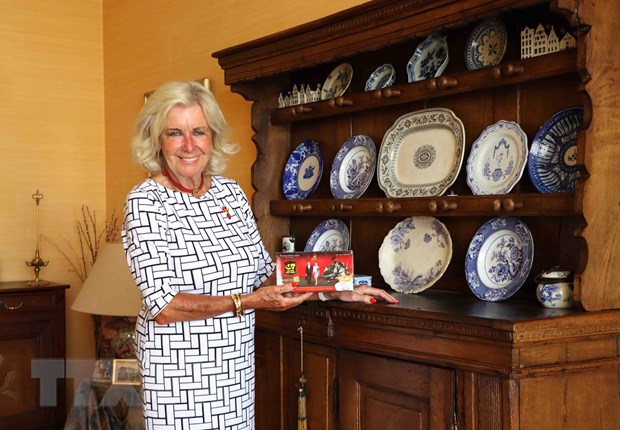
Ms. Chris Geyskens, a resident of Brussels, is also a fan of Vietnamese coffee. (Photo: Huong Giang/VNA)
Vietnamese coffee is an indispensable part of my grandparents' breakfast every time they come to Vietnam and is even kept even after they return to Belgium.
In Belgium, Vietnamese instant coffees such as G7 and Trung Nguyen are sold mainly in Asian stores.
Mr. Dao Phuong Khang, owner of Le Panier d'Asie in Brussels, said that Belgian customers really like Vietnamese instant coffee because it is easy to use and has a delicious taste.
Potential in the EU coffee market
The European Union (EU) is the world's largest coffee importer and consumer market, accounting for 60% of world imports and 33% of world consumption, respectively.
EU coffee import turnover reached 17.4 billion USD, of which green coffee was 8 billion USD and processed coffee was 9.4 billion USD.
The market share of imported coffee from outside the EU is mainly Brazil (28%), Vietnam (18%) and Honduras (6.3%).
Countries such as Germany, Switzerland, France, Italy and the Netherlands are the leading EU importers of Vietnamese coffee.
In 2022, Vietnam's coffee export turnover to the EU will reach nearly 1.5 billion USD, an increase of 42% compared to 2021.
Vietnam mainly exports green coffee, accounting for more than 95% of the total value of coffee exports to the EU. Vietnamese green coffee is used by European importers to blend with higher quality Arabica coffee in the production of instant coffee and coffee tablets.
On May 16, the European Commission (EC) passed a regulation banning the import into the EU market of agricultural products including livestock, cocoa, coffee, palm oil, rubber, soybeans and wood.
The aim of the ban is to limit the consumption and production of certain agricultural products linked to deforestation and forest degradation by establishing rules to control the supply chain of these products.
The regulation was published in the EU's official journal on June 9 and will come into effect on June 29.
Talking to VNA reporters about whether the new EU regulations will affect Vietnam's coffee imports, Mr. Tran Van Cong, Vietnam's Agricultural Counselor in Belgium and the EU, said that Vietnamese coffee businesses and exporters will have 18 months to adapt and adjust to the new EU regulations.
Because after a year and a half since the regulation comes into effect, the EU will conduct an assessment, classify and publish a list of countries with low and high risks related to deforestation and forest degradation.
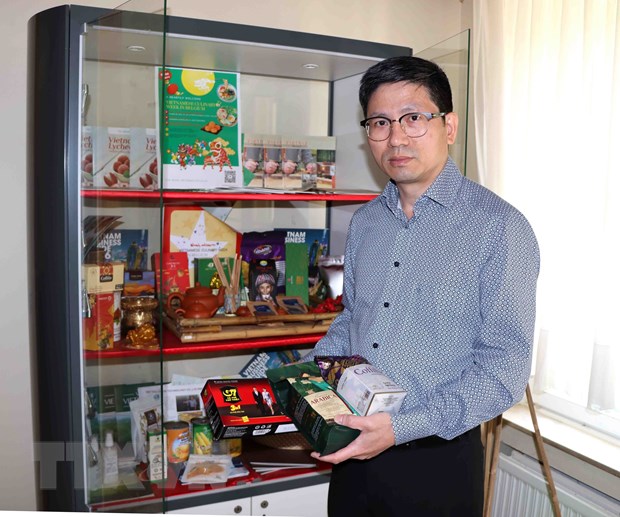
Agricultural Counselor of Belgium and the European Union (EU) Tran Van Cong introduces some types of Vietnamese coffee available in the Belgian and EU markets. (Photo: Huong Giang/VNA)
According to Mr. Tran Van Cong, Vietnam has very good control over deforestation to clear land for production, including coffee production. In recent years, this phenomenon has not occurred in Vietnam, so it will not fall into the risk group.
Furthermore, for manufacturing enterprises, the EU also divides them into large, medium and small scale to have corresponding inspection frequencies.
Vietnamese enterprises are mainly small and medium sized, so the frequency of inspections will be low and the level of requirements will not be as high as for large enterprises from other countries.
On the other hand, the obligation to collect documents and related data to create a database of growing areas, production areas, farms or coffee growing areas does not create much of a burden for Vietnamese coffee exporting producers.
However, Mr. Tran Van Cong still believes that businesses in Vietnam need to prepare and collect more information that they have never done before to prove in documents related to the new EU regulations.
Meanwhile, according to Ms. Isabelle Lemmens, in charge of sustainability management at the European Coffee Federation (ECF), the new EU regulation will affect all coffee exporting countries.
Coffee shipments imported into Europe must prove that they do not originate from farms built on deforested land since 25 December 2016.
Ms. Isabelle Lemmens made it clear that coffee cultivation and production in Vietnam must comply with national laws and must not violate European regulations.
For its part, the ECF will seek solutions to maintain coffee imports into Europe when the regulation comes into force.
“This regulation applies to all coffee, whether produced inside or outside the EU, to avoid any form of forced labour. It will involve reviewing supply chains,” she said.
Vietnam has great potential for coffee as it is the world's second largest coffee producer and exporter, after Brazil, and the world's largest producer and exporter of Robusta coffee.
At the same time, Vietnam ranks third in the area of coffee certified by 4C (Common Cod Coffee Community - an organization implementing the Common Code of Conduct for the coffee community), UTZ (UTZ certified - a sustainable development program for coffee, cocoa and tea) and tends to produce high-quality Robusta coffee.
Vietnam is also making efforts to increase the proportion of specialty coffee and sustainable landscapes to maintain its position as a stable, reliable large-scale coffee supplier to the EU./.
Source: https://www.vietnamplus.vn/caphe-viet-nam-mang-lai-trai-nghiem-doc-dao-cho-nguoi-tieu-dung-bi/870993.vnp
Source link



![[Photo] General Secretary To Lam attends the 80th Anniversary of the Cultural Sector's Traditional Day](https://vphoto.vietnam.vn/thumb/1200x675/vietnam/resource/IMAGE/2025/8/23/7a88e6b58502490aa153adf8f0eec2b2)


![[Photo] Prime Minister Pham Minh Chinh chairs the meeting of the Government Party Committee Standing Committee](https://vphoto.vietnam.vn/thumb/1200x675/vietnam/resource/IMAGE/2025/8/23/8e94aa3d26424d1ab1528c3e4bbacc45)




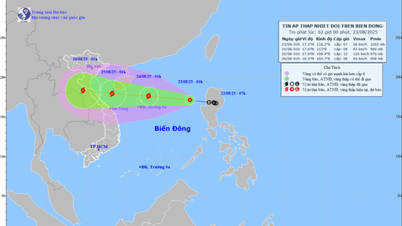


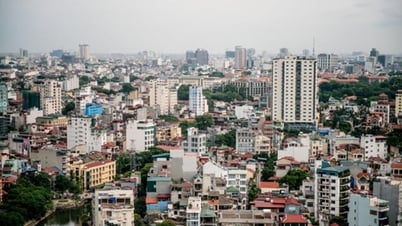




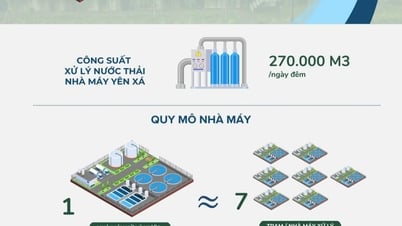
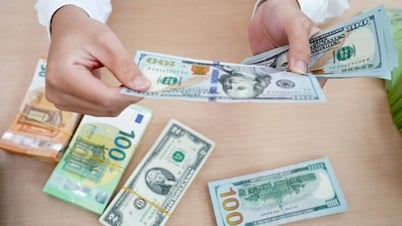



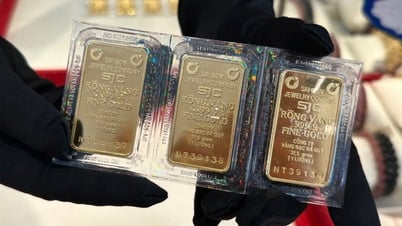















































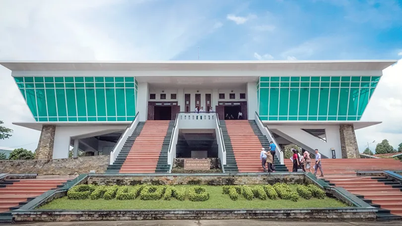

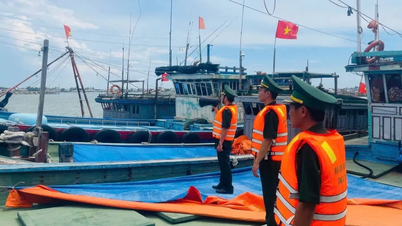

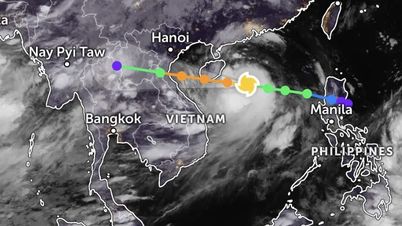


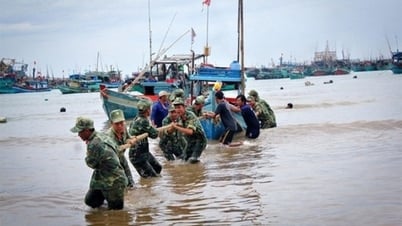











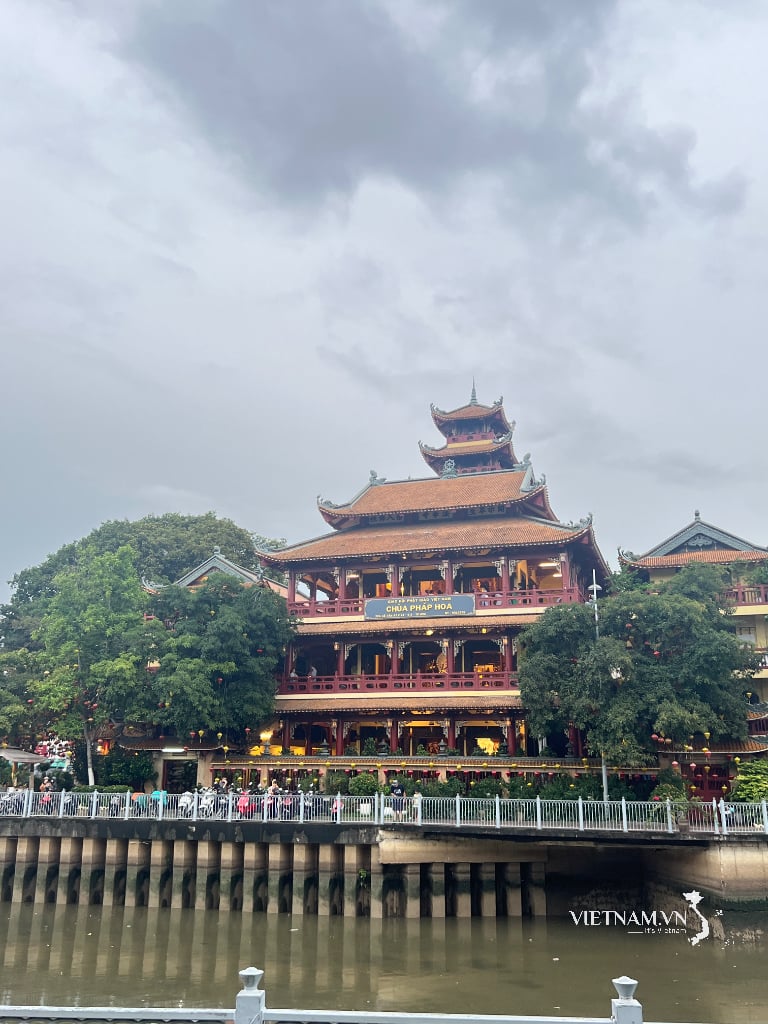

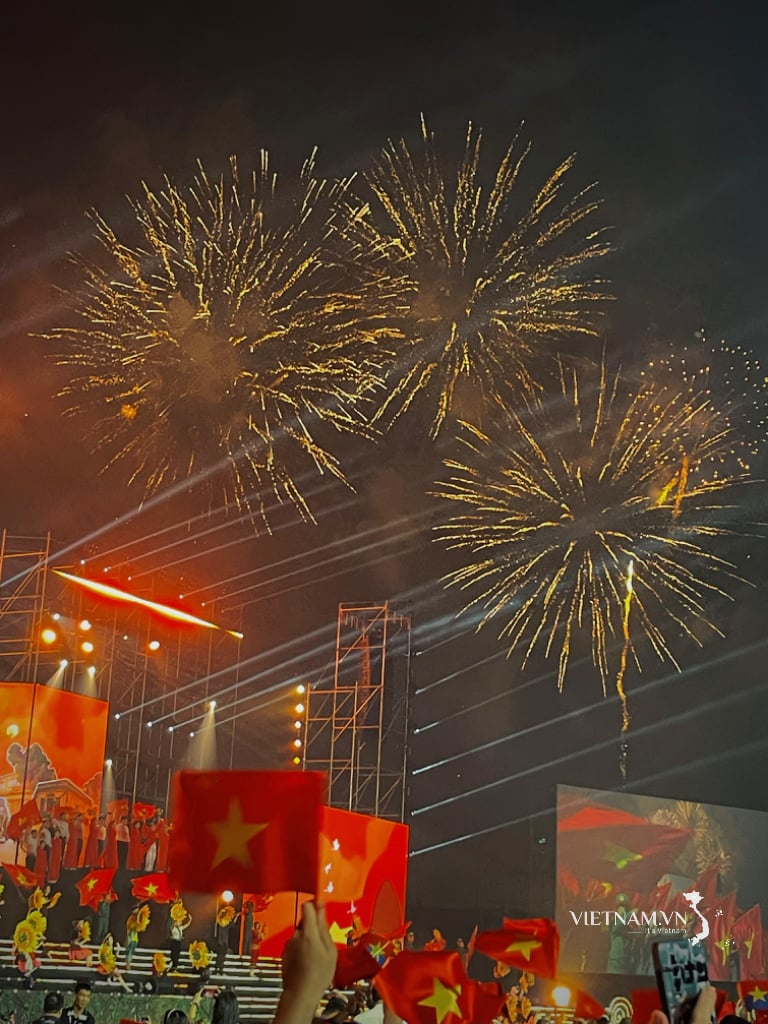

Comment (0)